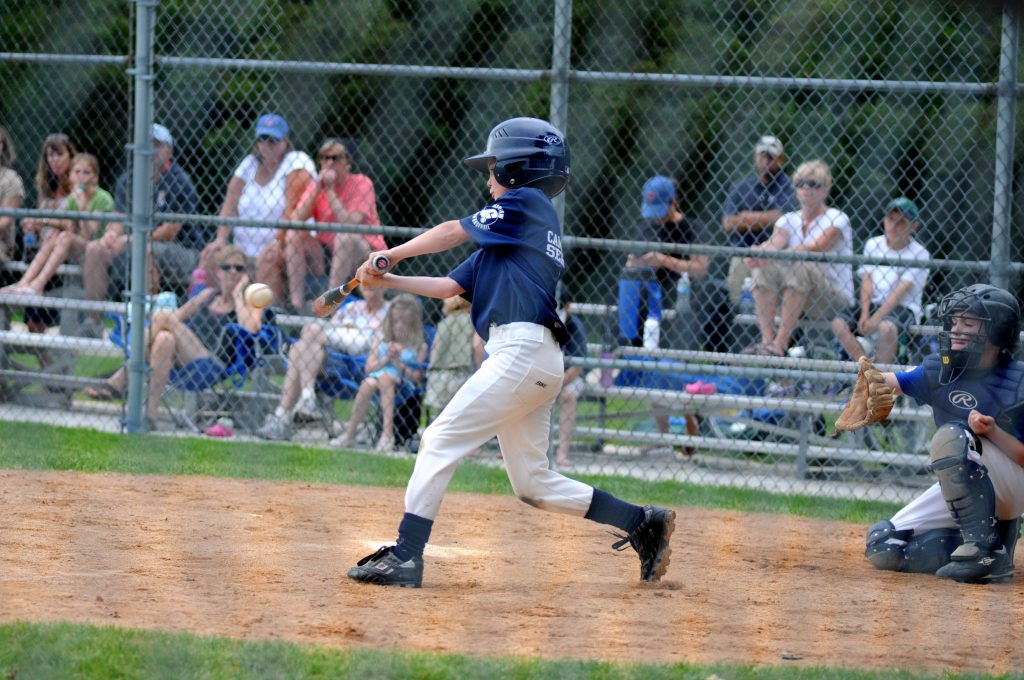Parenting Boys? Competition is Good

I am constantly reading, researching and contemplating the best methods for raising a happy, healthy and responsible adolescent boy. There is always an article boasting “the latest/greatest way.” I am addressing here the subject of competition from the American Counseling Assoc. (ACA)!
Yes, Competition is Good
We agree on this point….
Competition is a fact of life, especially for children. It may include anything from who did best on the spelling test, to organized sports in or out of school. And while competition can bring stress about doing well, or disappointment when efforts come up short, healthy competition is actually a good thing for children. (ACA)
I’m in agreement! More importantly is that children need to have a certain ‘concerning discourse’ which means they look inside themselves at a deeper level, give a better effort, which looks like motivation engaging at a high level. Boys need challenge, a sense of importance, and competition fills that need. And thus…
Child development experts advise that healthy competition helps children develop skills needed in adulthood. They learn to take turns, to work hard for success, perhaps to be a team player, and how to deal with both winning and losing. (ACA)
Exactly! This describes a form of Problem-Based Learning (PBL) and scaffolding (starting small and building from a foundation) both lead to greater challenges and competencies. A child also learns things like problem solving, conflict resolution and anger management; if mentored or coached properly they will discover/understand their natural born internal gifts. This is especially true for boys in their teenage years transitioning through the rite of passage.
This is where I disagree….
It’s important for parents to help guide their children in handling competitive experiences. The first question shouldn’t be, “Did you win?” but rather, “Did you have a good time?” When parents always emphasize winning and coming out on top they are increasing the pressure that makes competition a negative experience. (ACA)
I do not agree. The first question should always be “How do you think you did?” The reason this should be the first question is: In competition a child should learn something about themselves, something they can reflect on; they can choose to grow from and be better or not, which may or may not result in fun! It can also facilitate a ‘GET’ either way and allows the child to understand empathy, talent, perseverance, and motivation from within; what we call a ‘self-centered locus of control’ or another way of saying ‘creating a positive sense of self-esteem.’
However, when competition is proving unhealthy for a child you will see different attitudes and behaviors. The child will often not want to participate, or may fake an illness to avoid the activity or simply refuse outright to play. The activity may promote anxiety resulting in difficulty sleeping or eating, or cause worry that affects other areas of the child’s life. (ACA)
I tell parents to beware this may be a self-inflicted wound because they’ve decided to give up/quit and not do the ‘work.’ The unhealthy part may be external. A child may enjoy the activity but if a parent is not healthy in the support of the activity they may give up because they can’t take care of or navigate both!
So how does a parent encourage healthy competition? One starting point is to model good behavior. In sports, don’t blame the coach or referees for a losing outcome, but instead praise the child for the effort put forth, regardless of the outcome. Experts advise that one key to healthy competition is to show your children that the most important competitor is themselves. Praising the child’s improvements moves the focus to their efforts, not the competitive outcome, and helps build confidence and self-esteem. (ACA)
Let me address these one at a time….
- Modelling the behavior by parents is important but it starts within the home. Parents modeling good team work within the family unit is always where a child learns first and best.
- Don’t blame coaches or referees for loss; if a bad coach or referee is obvious you should discuss it as it may be a teachable moment.
- A parent should always encourage effort and discourage bad behavior, praise is a negative way to set your child up for needing external self-esteem building. This can turn the locus of control to the external rather than self-centered, which can lead to a lack of confidence in self.
Emphasize the fun in the experience of participating, not in simply winning, and you’ll have a child who is getting the most from competitive experiences. (ACA)
NO that’s not true! Both parents and children should want competition to be fun, but the need should be, “What do/did we learn from it?” Because ultimately the by-product of what we learn can lead to being happy as we get what we want. This creates a foundation which the child can build on throughout life.
